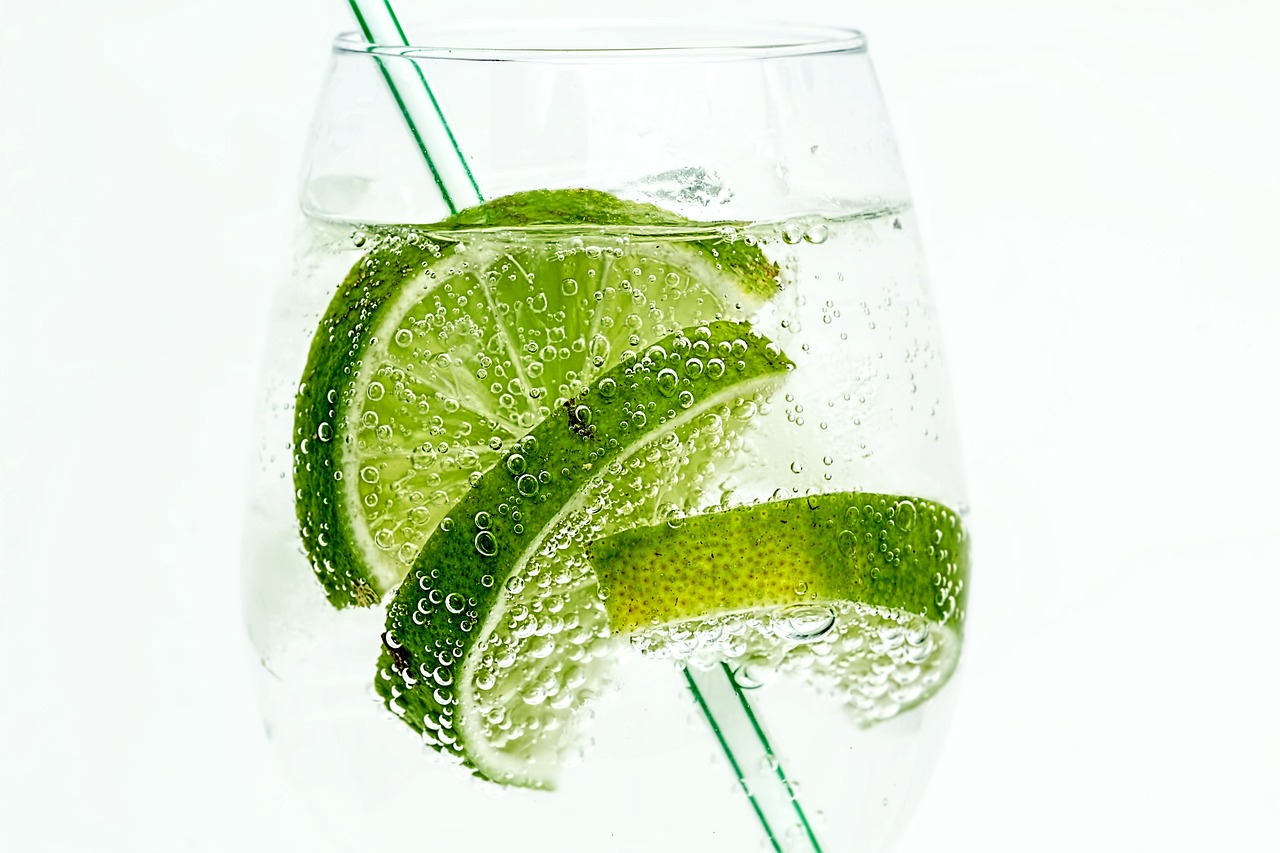Drinking fruit juice is a very common thing in our daily life. Weekend nap, the warm sun to two cups; family gatherings, but also boxes and boxes to buy. However, recently some waves have been set off on the Internet, some people think: fruit juice contains fructose, to pay attention to its safety. That fruit juice can still drink? Today we will clarify this issue.
01, What are the juices?
Before we start at the beginning, let’s first differentiate the concepts. There are actually at least three main categories of fruit juices that are common to everyone.
The first category is fruit juice drinks, which is probably the most common type of daily see, supermarkets abound, however, you look carefully at the ingredients list, often a variety of chemical ingredients, such as sweeteners, ah, colour enhancers and so on, the only thing that does not have fruits or very few fruits as raw materials, and even if there is, it will be xx fruit extracts and so on. This category, I prefer to call it juice drinks.
Fruit juice is made directly from fruit as an ingredient. Of course, according to the production process, but also divided into concentrated fruit juice and non-concentrated fruit juice (Not From Concentrated, NFC juice)
The second category: concentrated juice, refers to the fruit juice extraction after the vacuum concentration, to remove the water to form the juice. This type of juice requires the addition of an equal amount of natural water lost during the concentration process in order to be consumed. Of course, there is also a difference in the concentration technology. Since heat concentration often results in thermal denaturation, many of the current methods adopt low-temperature vacuum concentration.
The third category: non-concentrated fruit juice, (Not From Concentrated, NFC juice). Now there are also on the market specifically sold non-concentrated fruit juice. Non-concentrated fruit juice is obtained directly from fresh fruit, and therefore has the advantage of having essentially the same nutritional value as the fruit. In order to preserve freshness and preservation, fresh juice needs to be sterilised to a certain extent, and is often processed by low-temperature sterilisation methods to obtain the final product.
02, Why Juice?
In fact, the simplest answer is: it’s the same as eating fruit, especially non-concentrated fruit juice, which itself is similar to fruit.
Because fruit, but our daily life in the necessary food, for example, when the widespread use of vitamin C is in the discovery of eating fruit can be alleviated long-distance voyage crew scurvy. In fact, fruits not only contain vitamin C, but also include a variety of other vitamins and mineral elements. In addition, fruits themselves provide humans with dietary fibre to improve digestion.
Because of this, various dietary guidelines incorporate fruits into daily intake, for example, the Dietary Guidelines for China’s residents recommend a daily intake of 4-8 taels of fruits, preferably in more than two varieties.
Therefore, to maintain the same nutrition as fruits, non-concentrated fruit juices are now a common recommended choice, and you can pay careful attention to the instructions.
Since fruits we can eat normally, and how can non-concentrated fruit juices, which are the same as fruits, become a matter of concern for many people?
This brings us to an important ingredient in fruit: fructose.
03, Magic Fructose
Fructose is indeed a magical thing, in fact, this thing itself is not harmful, you think about it, the natural world of living creatures can be digested and absorbed sugar is mainly sucrose, sucrose decomposition, divided into two, one is fructose, one is glucose.
Natural fruits are rich in fructose.
It’s safe to say that if fructose is unhealthy, we creatures may be in trouble. Yet how can fructose be harmful when our ancestors ate fruit from ancient times to the present day, and we still eat a lot of fruit today, including dietary recommendations that include the intake of fruit?
In fact, it’s not fructose that’s really bad, it’s “too much”.
Many people refer to the harmful effects of fructose, mainly because excessive intake of fructose causes metabolic stress in the body. For example, excessive fructose can cause fat metabolism disorders, high blood pressure, high blood sugar and other situations, especially a large amount of fructose will increase the metabolic pressure on the liver, thus triggering health risks.
But, re saying three: too much, too much, too much.
That said, excess is the key to the dangers of fructose. For a normal person, you can’t come up with the health risks of fructose in general intake, and in the absence of excess, fructose is completely absorbed by the body, which is nothing to worry about at all.
Because of this, controlling the amount is the key.
04, How much fructose is not too much?
So, how much is not considered excessive?
At present, there is no national standard on the intake of fructose, according to a number of studies, it is generally believed that our daily intake should not be more than 30-60 grams, we take 50 grams as a standard, more than this figure belongs to the excess.
For example, 100g of apple contains 10.4g of fructose, according to this standard, if the fruit is only eaten apples, it is about a catty of apples to make your fructose overdose.
This shows that, in general, it is not easy to exceed the standard. People do not worry about fructose and do not eat fruit, which is not worth the loss, and do not have to be very resistant to non-concentrated fruit juice.
However, care must be taken to buy genuine non-concentrated fruit juices instead of juice drinks, as I mentioned at the beginning. The former is mainly fruit juice, and the latter is often flavoured with various flavours and so on, and is prone to fructose overload. Non-concentrated fruit juice is a common recommended choice, and you can pay close attention to the ingredient list. See whether we understand on the fruit juice.
Overall, fruit juice is beneficial to the human body, itself can be consumed on a daily basis, as long as not excessive intake is not a problem. In fact, just like the idiom: too much is not good enough, anything in excess is not good.




